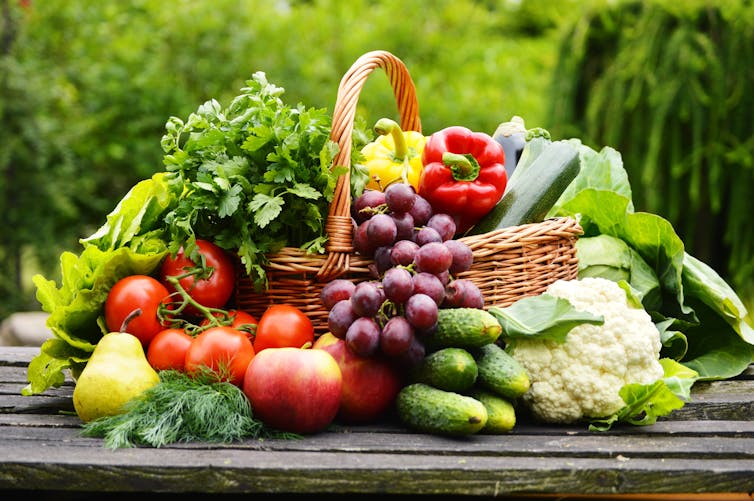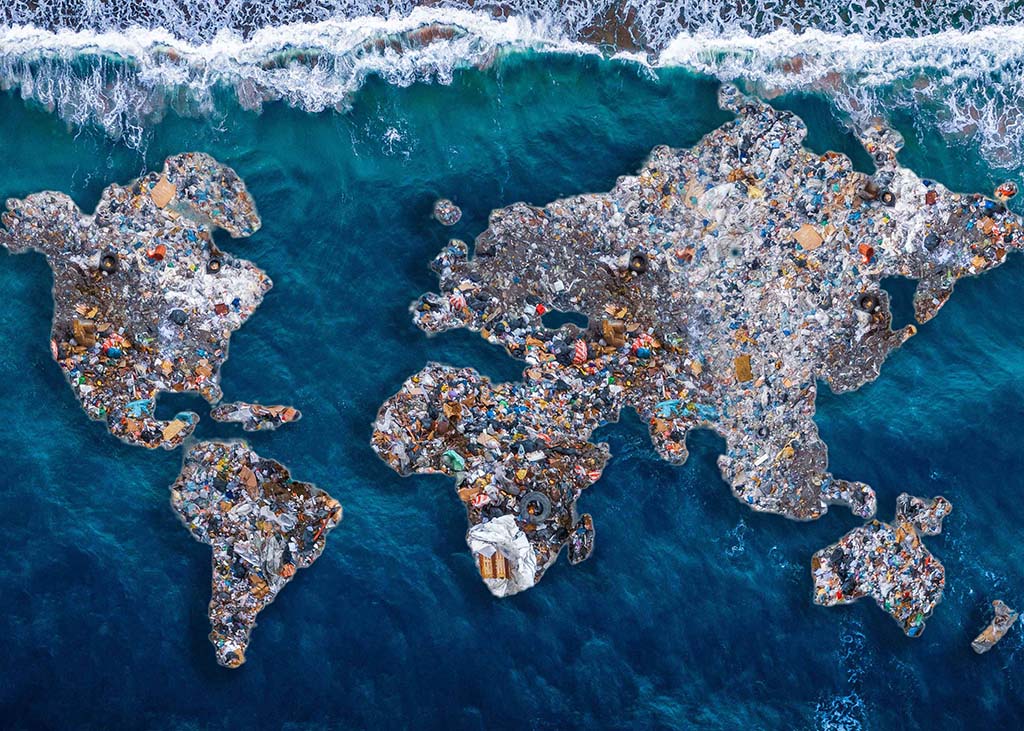Waste is barely a symptom
We do not preserve out good hopes for the model new UN settlement on plastics, based not solely on the failure to deal with the premise causes however moreover the poor implementation of earlier native climate commitments and completely different worldwide environmental agreements much like e-waste administration.
Proposals to chop again plastic air air pollution which skim over the premise causes will do little or no to chop again our whole use of plastics and alleviate the quite a few hurt they do to our societies and the setting.
If we’re vital about reducing the hurt, we should always check out deeper choices, One is more likely to be transitioning within the course of a degrowth society, which could help us re-localise meals methods.
In a degrowth society, we would commonly shift once more to native meals manufacturing, which might in the reduction of the globalisation of meals and shorten present chains. That, in flip, would slash the need for packaging.
Degrowth would moreover help us deal with time poverty by, for example, reducing working hours or introducing a work-sharing mechanism.
There will be further free time in a degrowth society, and native meals methods would provide healthful, modern, seasonal produce requiring minimal packaging.

Domestically grown meals can in the reduction of dependence on plastic packaging. Shutterstock
Supporting native farmers or pursuing further free time for all might successfully be a less complicated reply to the issue of plastic air air pollution comparatively than merely pushing for improved recycling schemes.
Is that this merely blue-sky pondering? No. Take into consideration how our society was able to react to the COVID pandemic and get organised another way.
The pandemic confirmed us we’re capable of large-scale change if a problem is taken considerably. If we begin to prioritise our social and ecological well-being over agency earnings, we’re going to see change.![]()
Sabrina Chakori, PhD Candidate, The Faculty of Queensland; Ammar Abdul Aziz, Lecturer, The Faculty of Queensland; Martin Calisto Friant, PhD Researcher, Utrecht Faculty, and Russell Richards, Lecturer, The Faculty of Queensland
This textual content is republished from The Dialog under a Creative Commons license. Be taught the distinctive article.
